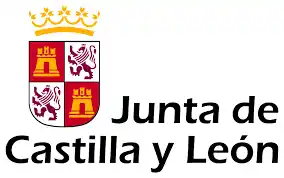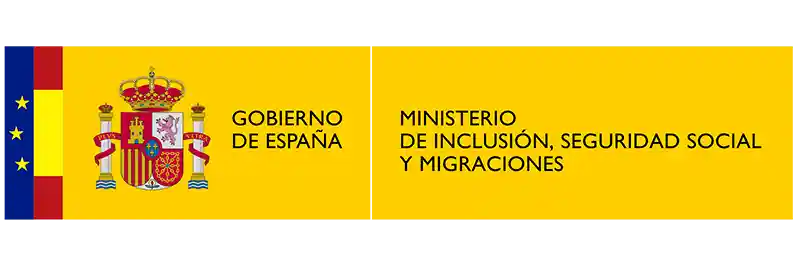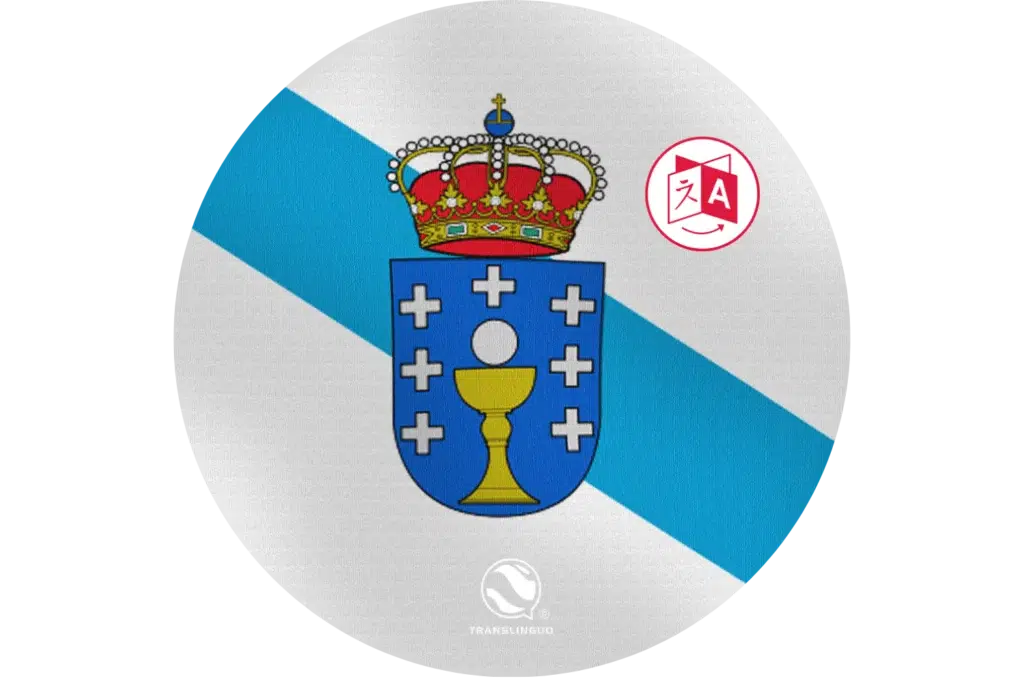Galician Professional Translation
At Translinguo Global, we are experts in providing the highest quality Galician translation services, tailored to your specific needs. We have a team of native and professional translators specialising in different language combinations, enabling us to provide accurate and culturally adapted translations for a wide range of documents.
As a translation company in Spain, we have native Galician translators with extensive experience in the sector, offering the best price per word for Galician translations.
Galician Professional Translation
Quality Assurance
ISO Certifications
More than 10+ years of experience in the industry
Galician native translators
Galician Professional Translation Service
Our native Galician translators are meticulously selected to ensure excellence in every project. Each translator on our team is not only an expert in the language, but also has experience in different sectors, allowing them to adapt translations to the specific terminology of each industry.
Galician translations
Translations from Galician
Our Galician translators are highly qualified to work in each of these fields, ensuring that the message is conveyed as faithfully as possible to the original.
Official Documents Translation
We offer official translation services for documents in Galician, carried out by official translators. These documents are valid for legal and administrative presentations.
Galician Sworn Translation
We have professional, certified Galician sworn translators available for your Galician documents. Perfect Galician sworn translations for your documents.
Translation of Texts into Galician
If you need texts translated into Galician, our team is ready to deliver high quality results, respecting the linguistic and cultural particularities of the language.
Galician Technical Translation
Ideal for manuals, technical specifications and specialist documents. Our native Galician translators ensure the highest level of accuracy and precision.
Galician Commercial Translation
Perfect for catalogues, brochures and marketing material. At Translinguo Global. Focused on both the national market thanks to our translation service in co-official and international languages.
Galician Literature Translation
Our Galician literature translation is ideal for books, magazines, catalogues and all types of literary works.
Galician Website Translation
Translating your website into Galician has never been easier. We ensure the highest quality of your web content with our Galician localisation and translation services.
Our customers
More than 1000 clients are multilingual thanks to our translation company.






Official Translation Company
Our commitment to excellence is backed by our ISO Certificates, which guarantee that every translation meets the most rigorous international standards. As an official translation agency, we understand the importance of communicating your message effectively.
Urgent Translations
We have native Galician translators at Translinguo, which allows us to offer urgent translations and deliveries in record time.
Galician native translators
All of our professional Galician translators are native speakers and experts in different subject areas, ensuring accurate and culturally appropriate translations.
Best rates per Galician word
We have a transparent and competitive Galician translation rate, adjusted to the needs of each client.
Quality Assurance
Our translations undergo strict quality proofreading, guaranteed by our ISO certifications.
What our customers say
EXCELENTETrustindex verifica que la fuente original de la reseña sea Google. Amazing service! Very professional and efficient team!Publicado enTrustindex verifica que la fuente original de la reseña sea Google. Excelente comunicación y servicio. De las más baratas que he encontrado.Publicado enTrustindex verifica que la fuente original de la reseña sea Google. Es la segunda vez que trabajo con ellos y estoy encantada. Los recomiendo muchísimo. Gran atención al cliente, buena comunicación, rapidez del servicio y envío hasta las Islas Canarias, un servicio impecable! Gracias a Andrés y Alba quienes me atendieron. Definitivamente la mejor agencia en España.Publicado enTrustindex verifica que la fuente original de la reseña sea Google. Muy buenos profesionales. Traducciones completas, sin fallos, oficiales y en el menor tiempo posible. Les doy las gracias especialmente a Alba y Andrés por su buena atenciónPublicado enTrustindex verifica que la fuente original de la reseña sea Google. He contactado con Andrés y Alba para la traducción de unos documentos y son super eecomendables, además de ser muy amables y con una comunicación muy fluida en todo momento han sido muy rápidos en hacer las traducciones. Sin duda los recomiendo.Publicado enTrustindex verifica que la fuente original de la reseña sea Google. Muy Buen trato y todo correcto envio trámites de traducción jurada rapido y seguros gracias a Andrés y AlbaPublicado enTrustindex verifica que la fuente original de la reseña sea Google. Extremadamente satisfecha con el servicio. Super eficaces! Muchas gracias.Publicado enTrustindex verifica que la fuente original de la reseña sea Google. Buena experiencia, documentos entregados con rapidez. Alba y Cannelle me atendieron siempre muy atentas y muy profesionales, totalmente recomendado el servicio y por supuesto su servicio al cliente es excelentePublicado enTrustindex verifica que la fuente original de la reseña sea Google. ¡Muchísimas gracias por sus servicios! Un equipo muy agradable, ¡un agradecimiento especial a Andrés!Agradecimientos especialesDavid y Cannelle !!!
Galician translations
Our Galician translation process begins with an initial assessment of your needs and requirements. We then assign your project to the Galician translator or team of professional translators best suited to your document type and target language.
Throughout the process, we maintain open and direct communication to ensure that any adjustments or feedback are handled efficiently.
Galician Translation Rates
We understand the importance of cost transparency, which is why we offer a competitive Galician translation rate and Galician translation rate that is tailored to your needs. Furthermore, our Galician word for word pricing is clear and fair, ensuring that you only pay for the work done.

Frequently Asked Questions on Galician Translations
What types of documents can you translate into Galician?
We can translate a wide variety of documents into Galician, including legal, technical, business, academic and personal documents. We guarantee accurate and high quality translations.
How do I request a translation quote?
You can request a translation quote through our website. Simply upload your document and you will receive a detailed quote in no time.
Your Galician translation will be handled by one of our native Galician translators, who specialise in the respective subject area. This guarantees an accurate translation that is faithful to the original content.
How long does it take to translate a document into Galician?
The turnaround time for a Galician translation depends on the length and complexity of the document. However, we are committed to meeting the agreed deadlines without compromising the quality of the translation. Contact us for a turnaround time estimate for your specific project.
Which certifications do your Galician translators have?
Our translators have official certifications and extensive experience in the field of translation. In addition, our translations are backed by ISO certifications.
How much does the Galician translation service cost?
The rate of a Galician translation will depend on the type of document as well as its length and word count. However, at Translinguo Global, a translation company in Spain, we have in-house native translators, which enables us to offer the most competitive rates.
Why use a Galician translation agency?
Having a Galician translation agency like Translinguo Global will allow you to not only get the best rates per word for Galician, but also to have a guarantee of quality thanks to our 10 years of experience and our team of native Galician translators.
Do you offer Galician sworn translations?
Yes, we provide sworn Galician translations for documents that require official certification.
What are the most common Galician translations?
However, at Translinguo Global we have a great linguistic versatility with all possible translation combinations. The most common translations in Galician are:
- Spanish to Galician translation
- Galician to Spanish translation
- English to Galician translation
- Galician to English translation
- French to Galician translation
- Galician to French translation
Galician Translation Quote
Request your free Galician translation quote. Send us your file and we will get back to you within 24 hours.

